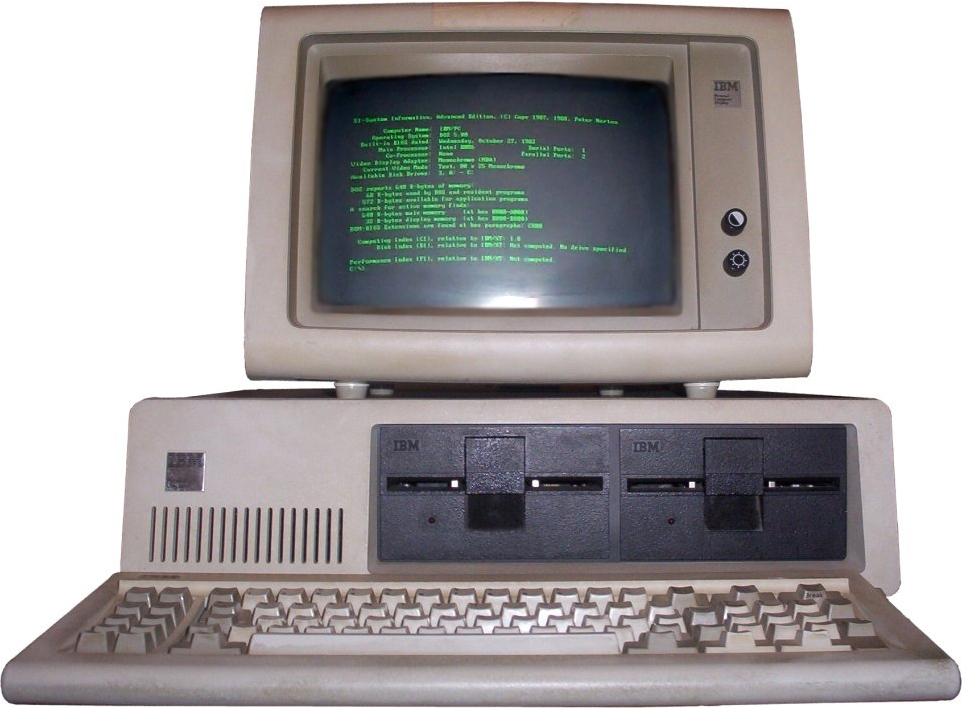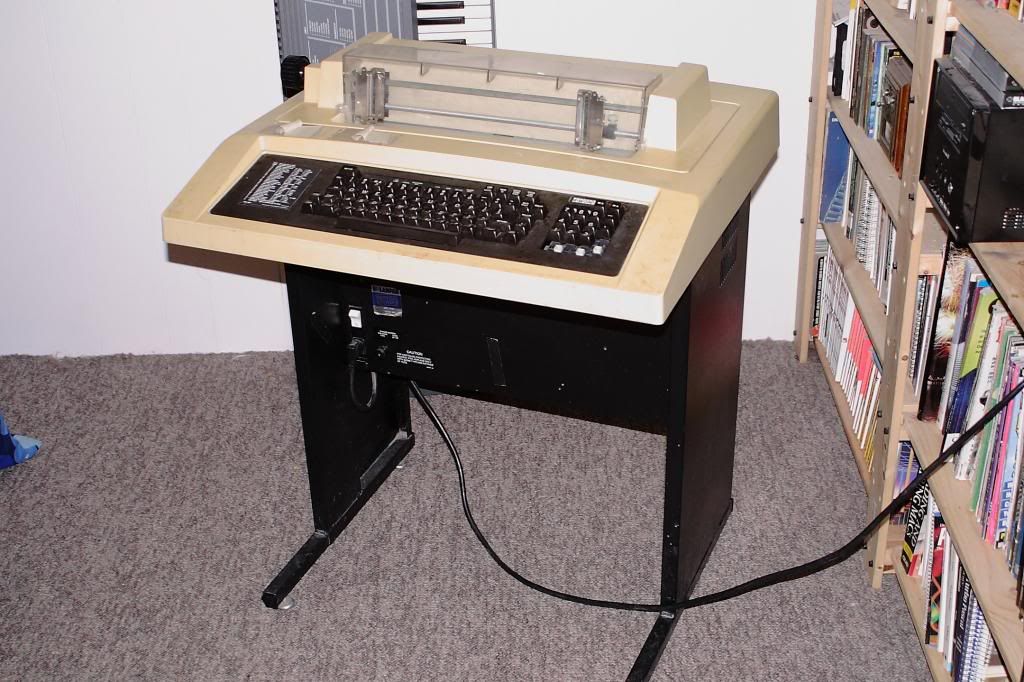General Discussion
Related: Editorials & Other Articles, Issue Forums, Alliance Forums, Region Forums40 Years Ago Today; Birth of the CD


Compact disc (CD) is a digital optical disc data storage format that was co-developed by Philips and Sony and released in 1982. The format was originally developed to store and play only sound recordings (CD-DA) but was later adapted for storage of data (CD-ROM). Several other formats were further derived from these, including write-once audio and data storage (CD-R), rewritable media (CD-RW), Video Compact Disc (VCD), Super Video Compact Disc (SVCD), Photo CD, PictureCD, CD-i, and Enhanced Music CD. The first commercially available audio CD player, the Sony CDP-101, was released October 1982 in Japan.
Standard CDs have a diameter of 120 millimetres (4.7 in) and can hold up to about 80 minutes of uncompressed audio or about 700 MiB of data. The Mini CD has various diameters ranging from 60 to 80 millimetres (2.4 to 3.1 in); they are sometimes used for CD singles, storing up to 24 minutes of audio, or delivering device drivers.
At the time of the technology's introduction in 1982, a CD could store much more data than a personal computer hard drive, which would typically hold 10 MB. By 2010, hard drives commonly offered as much storage space as a thousand CDs, while their prices had plummeted to commodity level. In 2004, worldwide sales of audio CDs, CD-ROMs and CD-Rs reached about 30 billion discs. By 2007, 200 billion CDs had been sold worldwide.
From the early 2000s CDs were increasingly being replaced by other forms of digital storage and distribution, with the result that by 2010 the number of audio CDs being sold in the U.S. had dropped about 50% from their peak; however, they remained one of the primary distribution methods for the music industry. In 2014, revenues from digital music services matched those from physical format sales for the first time.
https://en.wikipedia.org/wiki/Compact_disc#History
History
American inventor James T. Russell has been credited with inventing the first system to record digital information on an optical transparent foil that is lit from behind by a high-power halogen lamp. Russell's patent application was filed in 1966, and he was granted a patent in 1970. Following litigation, Sony and Philips licensed Russell's patents (then held by a Canadian company, Optical Recording Corp.) in the 1980s.
The compact disc is an evolution of LaserDisc technology, where a focused laser beam is used that enables the high information density required for high-quality digital audio signals. Prototypes were developed by Philips and Sony independently in the late 1970s Although originally dismissed by Philips Research management as a trivial pursuit, the CD became the primary focus for Philips as the LaserDisc format struggled. In 1979, Sony and Philips set up a joint task force of engineers to design a new digital audio disc. After a year of experimentation and discussion, the Red Book CD-DA standard was published in 1980. After their commercial release in 1982, compact discs and their players were extremely popular. Despite costing up to $1,000, over 400,000 CD players were sold in the United States between 1983 and 1984. By 1988, CD sales in the United States surpassed those of vinyl LPs, and by 1992 CD sales surpassed those of prerecorded music cassette tapes. The success of the compact disc has been credited to the cooperation between Philips and Sony, which together agreed upon and developed compatible hardware. The unified design of the compact disc allowed consumers to purchase any disc or player from any company, and allowed the CD to dominate the at-home music market unchallenged.
</snip>
Also, that same day, tape hiss died.
On edit: What was the very first music album pressed to CD?

The Visitors is the eighth studio album by Swedish pop group ABBA, and their last before their 35-year hiatus. It was released on 30 November 1981.
With The Visitors, ABBA took several steps away from the "lighter" pop music they had recorded previously and the album is often regarded as a more complex and mature effort. The opening track, "The Visitors", with its ominous synthesizer sounds and the distinctive lead vocal by Frida, announced a change in musical style. With Benny and Frida going their separate ways, the pain of splitting up was explored yet again in "When All Is Said and Done". The major hit single on the album, "One of Us", also depicted the end of a love story. Elsewhere there were current Cold War themes—highly topical at the time—and further songs of isolation and regret.
The Visitors was one of the first records ever to be recorded and mixed digitally, and was the first in history to be pressed on the new CD format in 1982 (though in terms of commercial release dates, it was predated by the Japanese release of Billy Joel's 52nd Street). The Visitors has been reissued in digitally remastered form three times—first in 1997, then in 2001 and again in 2005 as part of The Complete Studio Recordings box set.
The Visitors Deluxe Edition was released on 23 April 2012. As with previous releases in the Deluxe Edition series, this version of ABBA’s final album offers a DVD of archive material along with CD bonus tracks – including the demo medley "From a Twinkling Star to a Passing Angel", the first previously-unreleased ABBA recordings since 1994. It was ABBA’s last album until their reunion in 2018.
NightWatcher
(39,343 posts)I also remember that they told us the cds would lose the information after about ten years. That said, I have boxes of cds that still work fine but I never listen to.
I'm glad that we've moved to digital music that can be stored on phones and other devices. I know it's not as pure but damn it's convenient.
Dennis Donovan
(18,770 posts)...right back to the shellac discs. ![]()
Vinca
(50,310 posts)That said, a couple of weeks ago I picked up a CD for free that I'd never heard. Paul McCartney's "Flaming Pie" from 1997. It's my new favorite music in the car. Great CD.
Sherman A1
(38,958 posts)but use them for a different purpose.
They make great bases upon which to attach my terrain for my table top wargaming table. The things are solid, don't warp when glue or paint is applied and are simple to use.
crazytown
(7,277 posts)

Dennis Donovan
(18,770 posts)
The DECwriter was a dumb terminal whose output was printed out (versus output to a CRT). And, they were heavy!
Yonnie3
(17,491 posts)And GE Terminet 1200s. Papertape punches on many of them. Almost 40 years ago.
There were some HP CRT time share terminals for management.
Ah, the good old days.
After that gig I went to a CD pressing startup. It was the largest DVD plant when it closed in 2003.
Response to Dennis Donovan (Original post)
crazytown This message was self-deleted by its author.